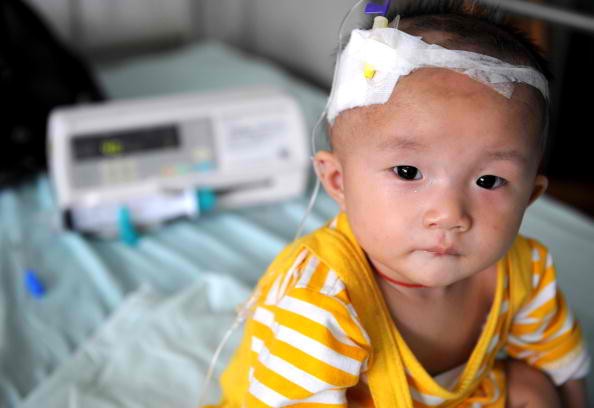The intensified campaign to regulate food imports has alarmed China's trading partners, who have sought the assistance of the United Nations food standards official to intervene.
China has imposed strong food import controls on wine and chocolate, which are considered low-risk items compared to meat, poultry and fish.
The controls will result in billions of dollars in losses, triggering fears in Washington and Europe. The new regulation required food importers to avail of a certification from a foreign inspector that the goods meet Chinese standards.
China has been a growing market for American fruit juice and snack foods, French wine, German chocolate, Italian pasta and Australian orange juice. The controls imposed by the government are in violation of mutual agreements that were previously signed.
Michael Clauss, German ambassador to Beijing, said that the controls will drastically reduce imports from other countries.
He said, "It could bring down food imports quite dramatically."
"It often seems it is more about protecting Chinese producers than about food safety," he added.
Jake Parker, vice president of China operations for the U.S.-China Business Council, said that the controls will bring "unnecessary regulatory complexity" in a time when Beijing committed to open its market.
China said that they are complying with the standards set by the Food Code. The code was formulated by the U.N. Food and Agriculture Organization and the World Health Organization.
Ambassadors from the U.S., the EU, Canada, New Zealand, Australia, Argentina and Chile have sent letters to the Chinese deputy premier who oversees farming and commerce, Wang Yang.
The countries are asking to lift the controls because the regulations are "not scientifically justified" and "a waste of the precious control resources."
The letter requested that the controls be imposed on riskier products like poultry, meat, fish and milk.
The world leaders believe that the General Administration of Quality Inspection, Supervision, and Quarantine, which was blamed for the tainted milk scandal, is passing on the blame on international food traders for products that are flooding the Chinese market.
Chinese minister in charge of AQSIQ, Zhi Shuping, asserted that the agency is "promoting the international co-governance of food safety."




























